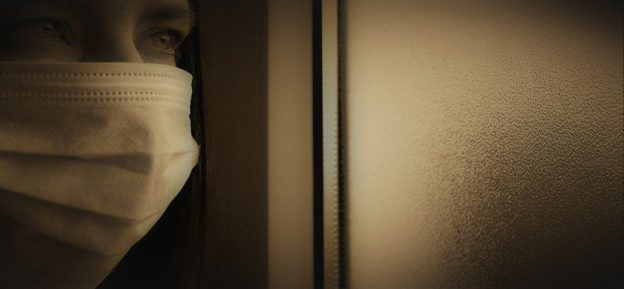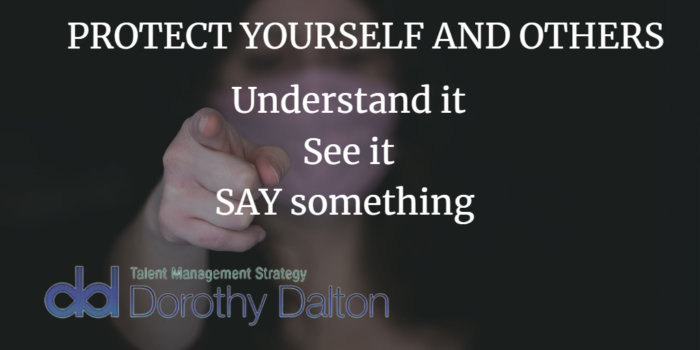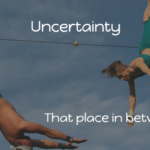People are slowly returning to work in different stages in various geographies. I have been very surprised to hear some of the experiences HR leaders are recounting around the implementation of pandemic safety protocols. This is not just an HR issue, but also a business and leadership issue. They are seeing a strong polarisation of reactions and different levels of either push-back or misapplication.
One of the areas of concern are the many potential outcomes from a business, legal and health perspective. Many are unknown. What will happen to an organisation if someone within the company falls ill with this deadly virus and infects their colleagues? Will the company have to go into quarantine again? Is there liability if it is caused by the negligence of an employee in the workplace and how can a company even know? This is all unchartered territory with no one having all the answers, let alone the right ones.
Collaboration vs individualism
Many safety precautions in our workplaces and wider cultures are based on understanding the problems and the consequences of not adhering to any safety protocols. Whether it’s wearing seatbelts or protective clothing, not drinking and driving, putting kids in child seats in cars, everyone knows the reason behind the regulations and the consequences of not following them. People get sick, injured or die.
It requires a collaborative approach and everyone to follow the guidelines automatically, so those rules become embedded into workplace culture. It also involves a willingness to speak up when someone doesn’t pay attention and for everyone to be held to account with penalties for contravention.
Abuse of pandemic safety protocols
The different levels of response to pandemic safety protocols can vary from a belligerent position, passive aggression or inconsistent or incorrect implementation. These already starting to be a cause for concern for some HR leaders.
Tamara has started back to work with full social distancing protocols in place. Her organisation has gone out of its way to provide a duty of care. 20% of her department are in at one time. The flow of staff is carefully regulated with floors marking 1.5 metres with ubiquitous yellow tape. Desks are correctly spaced and Perspex screens separate employees as required. Hand sanitizer points have been installed and masks are required when moving around the office.
She has concerns about a colleague who she feels is not as vigilant in following the safety procedures both in the office and in his personal life. He shares stories about partying at “raves” in what are clearly not socially distanced conditions. She is concerned that he will be a vector. Her kindly reminders to him met an attitude. She is thinking of asking for a return to remote working to protect herself. When she flagged it up, her manager felt she doesn’t have the right to interfere with someone’s private life even though it may potentially impact his professional one.
Kane Frisby COO of DoveTail which produced The Ultimate Guide to Contact Tracing believes that track and trace initiatives will be a key activity for HR leaders going forward and part of any HR help desk offering. We may see testing employees on a regular basis for COVID19 become part of an HR wellness programme or a Health and Safety initiative.
Has your organisation been impacted by COVID19? Check out the corporate coaching programmes to support your employees
Power playing and discrimination
The other factor that seems to be creeping in is power playing and bullying. Hugo told me how a senior manager made a joke about him being a “pussy” when he refused to shake his hand and elbow bumped instead. Hugo has a strong personality – but what if it was someone more easily intimidated?
Some employees feel reluctant to disclose details about their personal health or a situation within their family. This information has been private until now. It may mean that they have to work from home or look for a job compatible with social distancing.
Joelle said “I work in sales and am diabetic. I don’t particularly want to broadcast that, because I have always managed the condition. Face-to-face meetings are fine if they are held under correct conditions. I prefer not to have to handle anyone who won’t follow the safety guidelines or have my refusal to attend in person meetings used as a reason to discriminate against me.”
Dr. Tanvi Guatam, Leadership Expert and Thought Leader and I discussed this in a virtual coffee. It clearly has to be a leadership message and one that is followed through. She suggested the idea of a Social Distancing Officer someone who is responsible for the gentle, or not so gentle reminders to follow established procedures.
Accountability for behavioural change
It makes sense that organisations follow the same procedures as they would to promote any behavioural change. It could be around sexism, racism as well as health and safety. They have to: understand the problem and the consequences, know it when they see it and then they have to speak up and say something when there is a breach.
One HR manager suggested that employees should be required to sign a document with the pandemic safety protocols of the health authorities of their jurisdiction and attend an awareness training. Rather than relying on people to exercise common sense and do the right thing, it maybe necessary to allocate overall responsibility to someone who can oversee the situation and take steps to make sure that all safety measures are followed.
This is set against a background where some people are railing against the idea of a “cultural strategist” making them follow unnecessary rules.
Do comfort levels matter?
There are some people who genuinely believe the pandemic is connected to 5G. COVID19 and stupidity have something in common. There is no cure for either. Others think the virus is overblown and it should be about what people feel comfortable with and their beliefs around individual responsibility. One commentator said “we need to get over COVID. Life is too short to play safe.”
The problem is that social distancing, mask wearing, and COVID-19 are not beliefs, but medical facts. It is true that different jurisdictions have given often confusing or conflicting advice on how to deal with the situation. The situation brings all sorts of potential legal issues and liabilities for organisations should an out break of COVID19 occur in their offices. What is clear is that this virus will be with us for a long time without a vaccine, if ever there will be one. Dealing with the misapplication or rejection of pandemic safety protocols either intentionally or otherwise, will be an ongoing challenge for organisations with a duty of care to employees.
Safe working environment
Analiese Brown VP HR at CampMinder commented on LinkedIn that it is important not to do anything that is “wildly misaligned with current public health guidance and the ongoing (and, in many places, growing) risk. Though they may not have control over what employees do in their personal lives, employers should strive to create safe work environments, which includes setting expectations for continued social distancing for *everyone* on their teams, regardless of a particular individual’s comfort.”
Need to support your HR wellness programme and training options around remote working? Get in touch NOW!






